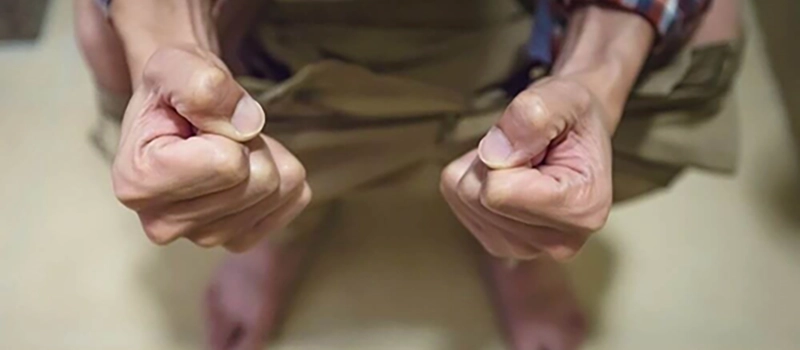
Not being able to relieve yourself is going to be both a nuisance and a discomfort for people, but when constipation becomes more of a problem is when it causes you to become excessively flatulent. It may be acceptable to pass gas freely at home or in private, but if you’re at work or with friends then you’re likely not going to be quite so okay with that. It’s true that constipation does tend to be more of a problem. So the question then becomes what helps constipation?
The best way to get relief from constipation is to either use a constipation medicine like a laxative or ingest a large amount of soluble fiber and then drink a good quantity of prune juice. Examples of good laxatives are Ex-Lax, Miralax, and Dulcolax. Plus any Milk of Magnesia product will work well for quick constipation relief. And as for soluble fiber foods, a bran muffin is an excellent choice and so is All-Bran cereal.
Increasing your intake of bran in general is a good way to get more long-term relief from constipation, and if you’d like to know why prune juice works for constipation it’s because this juice has a very high content of sorbitol.
Severe or chronic cases of constipation may require a different approach for what helps constipation. Prescription constipation medications include:
Linzess (linaclotide)
Trulance (plecanatide)
Amitiza (lubiprostone)
Relistor (methylnaltrexone)
Movantik (naloxegol)
Symproic (naldemedine)
It’s important to understand here that constipation is not only the result of dietary choices and the foods you eat. And if you have chronic idiopathic constipation then it is almost certainly the result of other factors. Lifestyle choices, medication use, and disease can also be causes of constipation. If you have chronic stress you may find that is behind your constipation too. Which one of these is causing you to have trouble going to the bathroom is going to define your answer as to what helps constipation.
The definition of constipation is being unable to have bowel movements more than 3 times a week, and it may be helpful for you to know that most people have a bowel movement every day. Efficient and regular waste elimination aids in promoting overall body health, so knowing how to help constipation will have bigger-picture benefits for you if you’re struggling with it and aren’t getting the relief you need from constipation medication.
What helps constipation asides from the use of laxatives? Here’s a list of smart choices for you:
1. Drink More Water
And perhaps not just any type of water, as studies have shown that drinking sparkling water can be more effective for relief from constipation. This is apparently particularly true for people with chronic idiopathic constipation.
The same guidelines for basic health apply here too, and that’s drinking between 6 - 8 glasses of water a day.
2. Get More Soluble Fiber in Your Diet
Fiber increases the bulk and consistency of stools, making them easier to pass and reducing the frequency of constipation. Want to know one thing about what helps constipation? Eating a bran muffin at breakfast. Or a bowl of All-Bran cereal.
Insoluble fiber foods (found in wheat bran, vegetables and whole grains) are good too. Soluble fiber foods like wheat bran, vegetables, and whole grains are the best for people. It’s also helpful to note that psyllium fiber is the primary non-fermentable soluble fiber in them that works to prevent constipation, and it’s the primary active ingredient in constipation relief mixes like Metamucil.
3. Engage in Vigorous Physical Activity More Often
Exercising regularly reduces the frequency and severity of constipation, but it needs to be vigorous physical activity. So how can you know what qualifies as vigorous physical exercise as part of knowing what helps constipation? That’s fairly easy to know - if you’re sweating, your heart rate is up, you’re burning calories, and that’s vigorous physical exercise.
4. Eat Probiotic Foods, or Take Probiotic Supplements
A strong balance of healthy Probiotics - helpful gut flora (bacteria) - goes a long way to helping people be ‘regular’ and not have constipation. You can take probiotic supplements, but for many people it’s easier and more enjoyable to get them from foods they enjoy. Good examples here are yogurt, sauerkraut, and kimchi.
If you are going to use probiotic supplements for constipation, then be aware that it can take several weeks to see the results and experience relief from constipation.
Hopefully you now have a better understanding of what helps constipation. Once you’ve found a way to overcome it not only will you feel better, but you’ll likely find that you look better too and you’ll be much less concerned about enjoying life outside of the home.